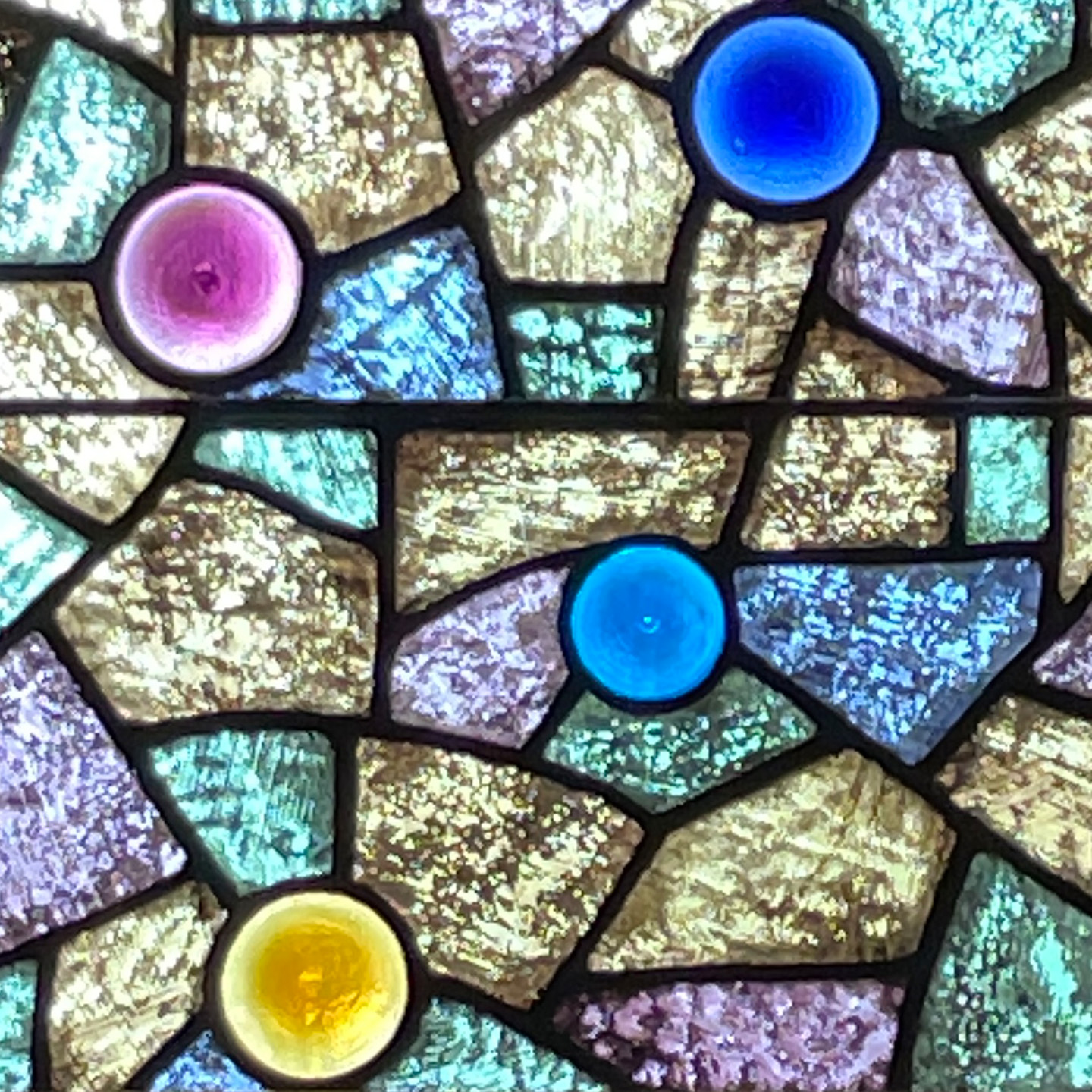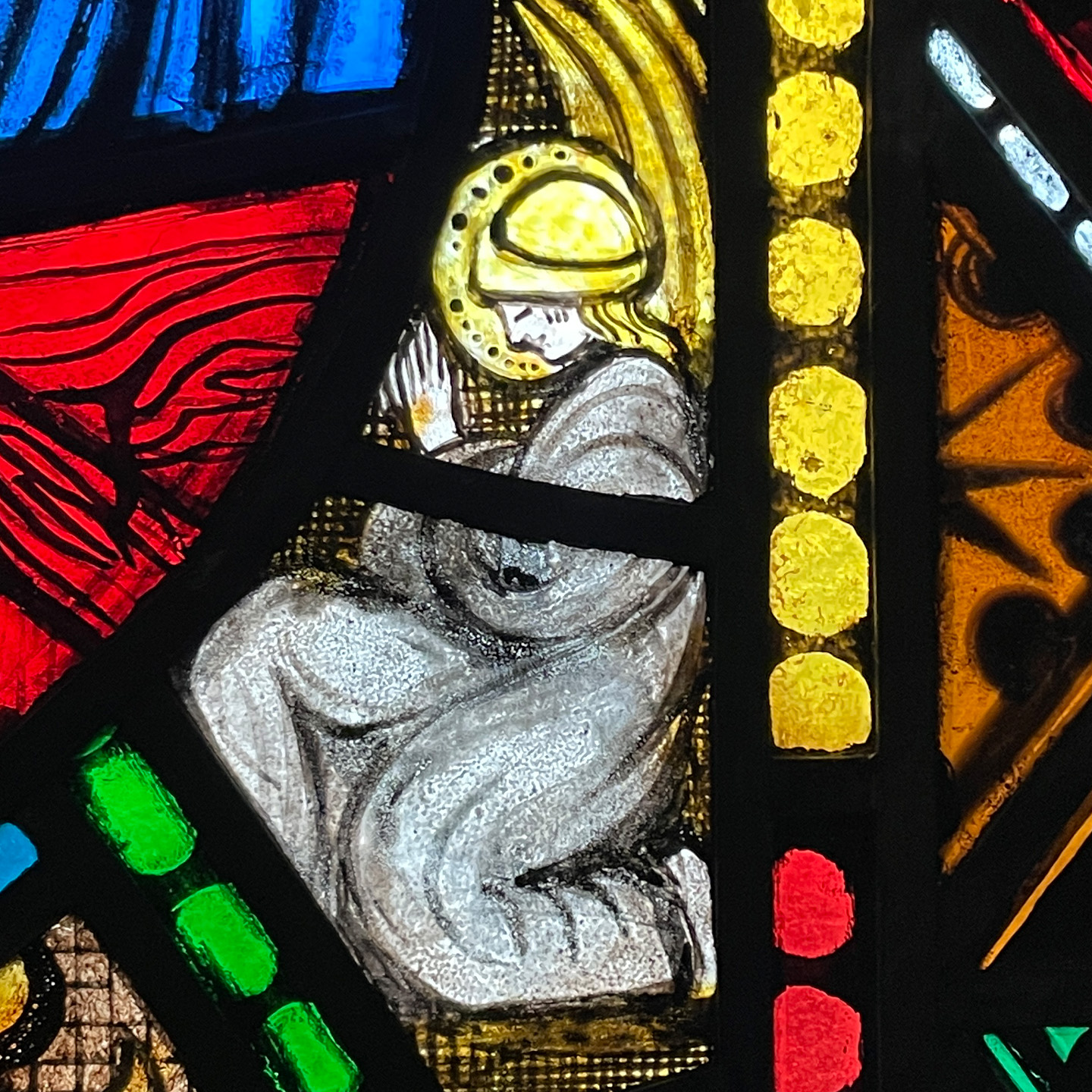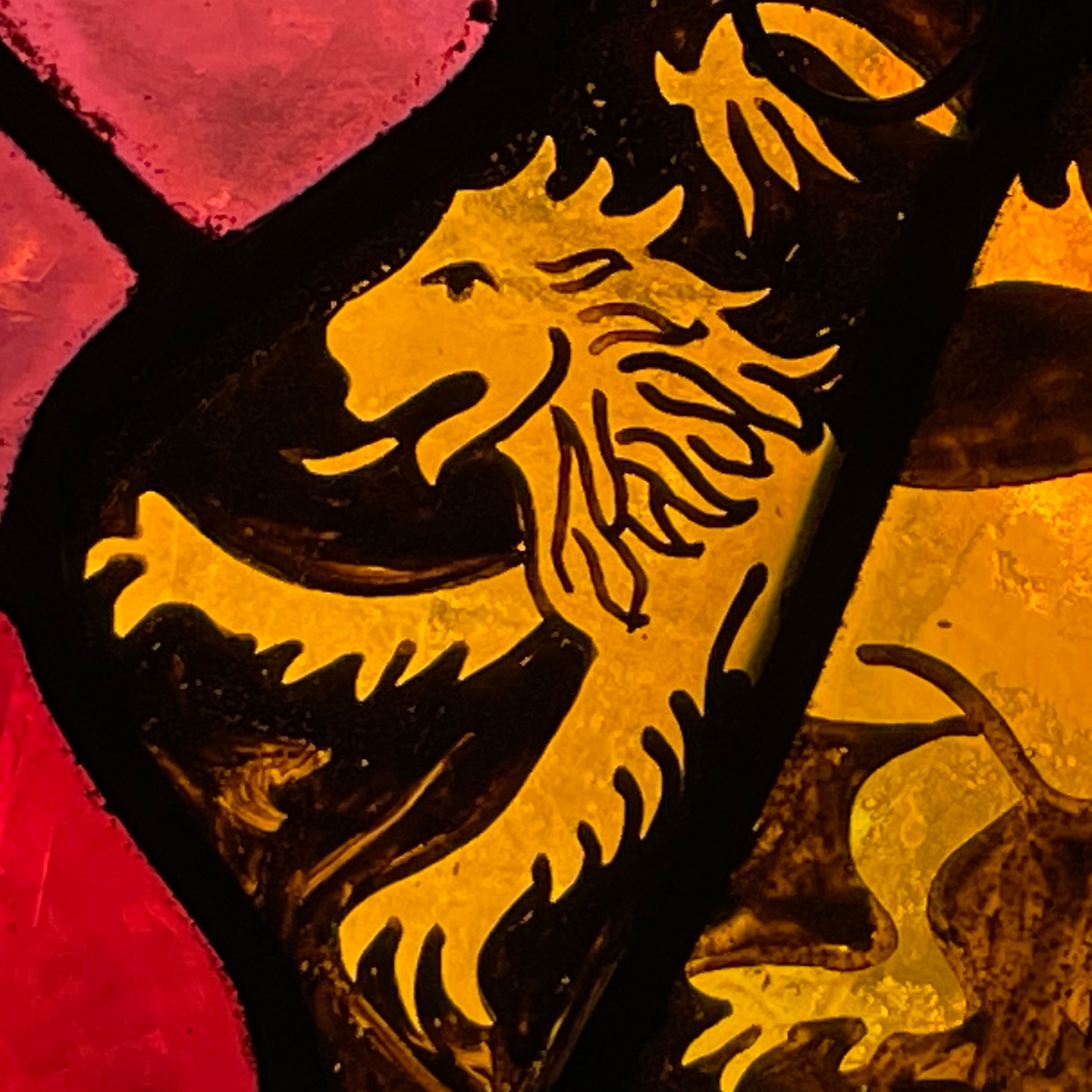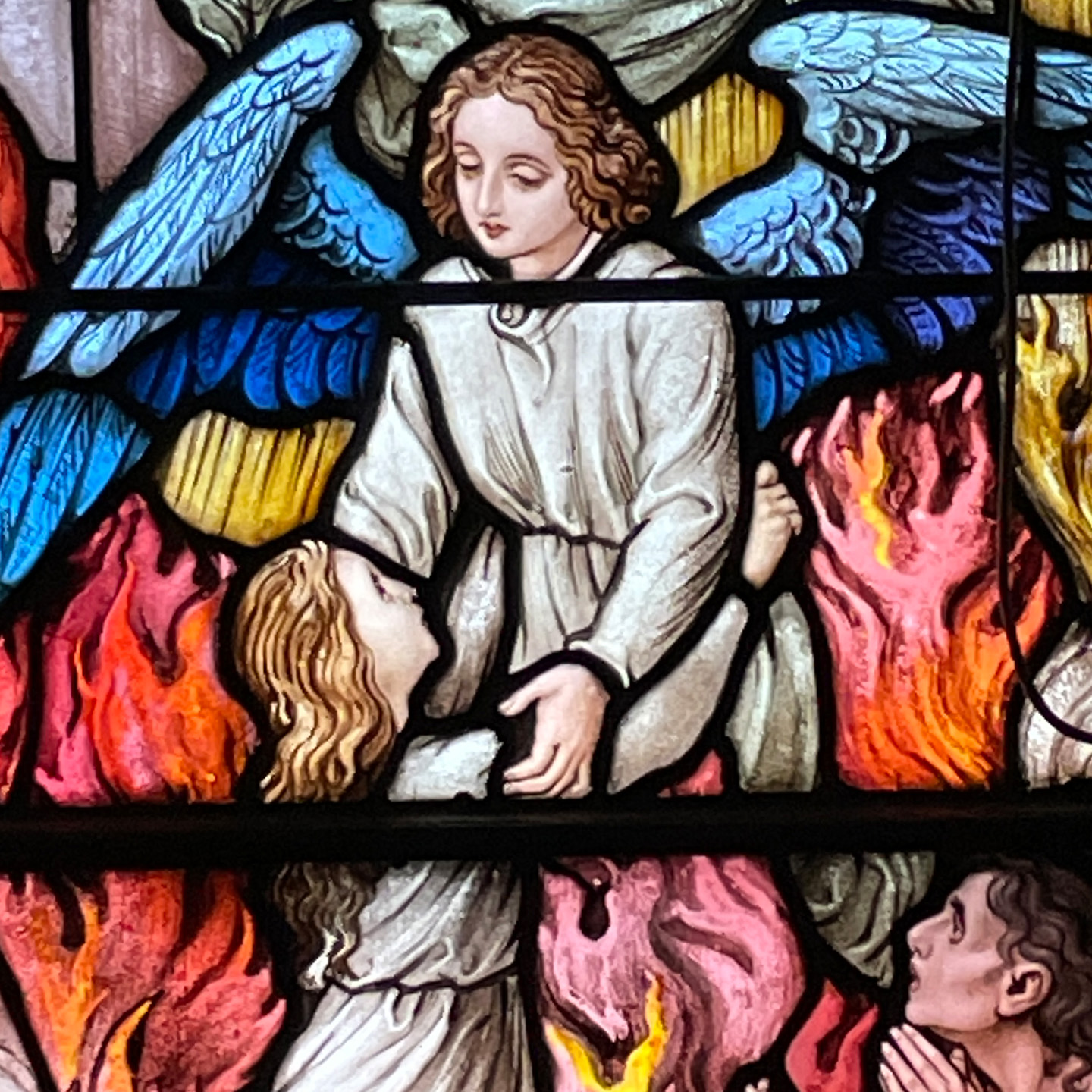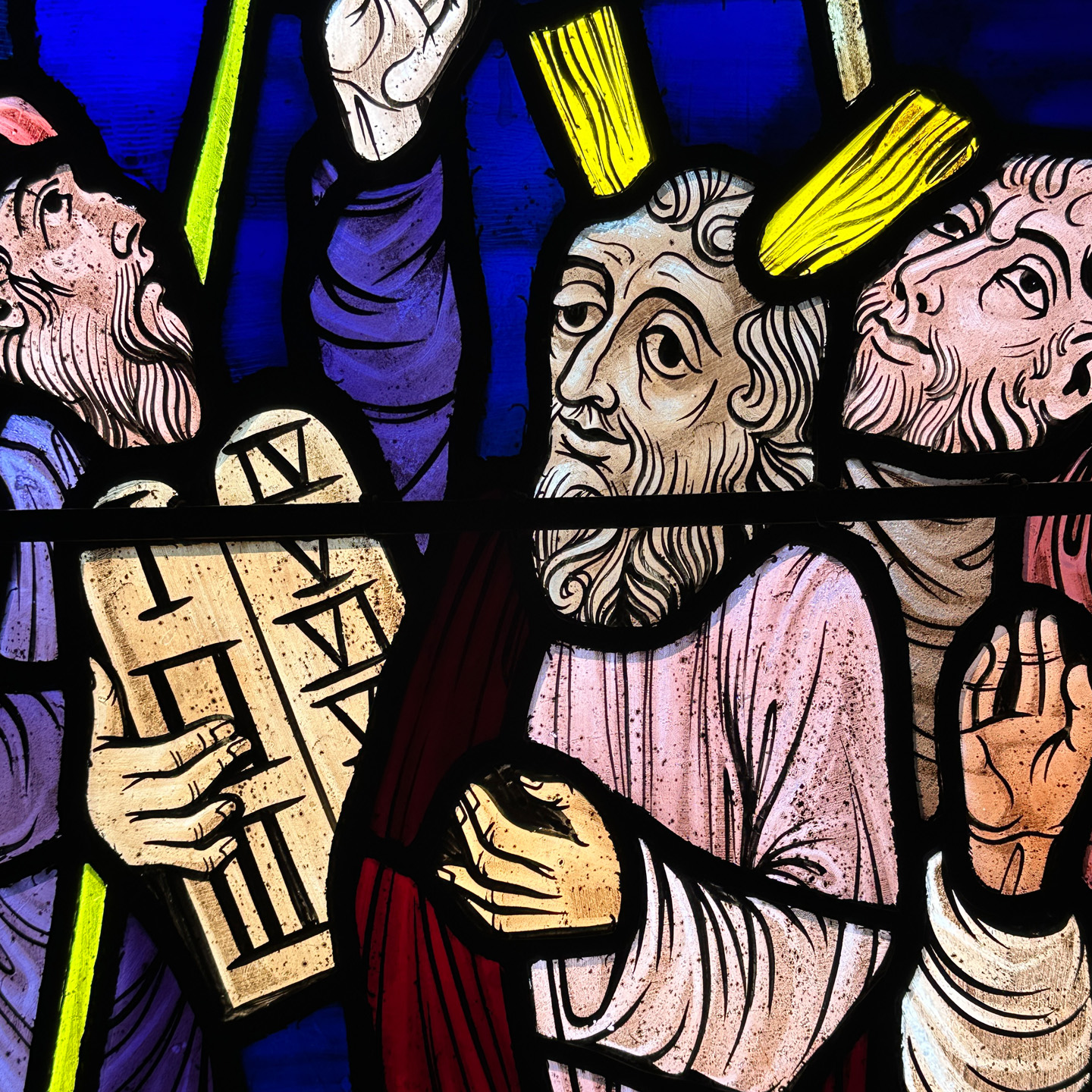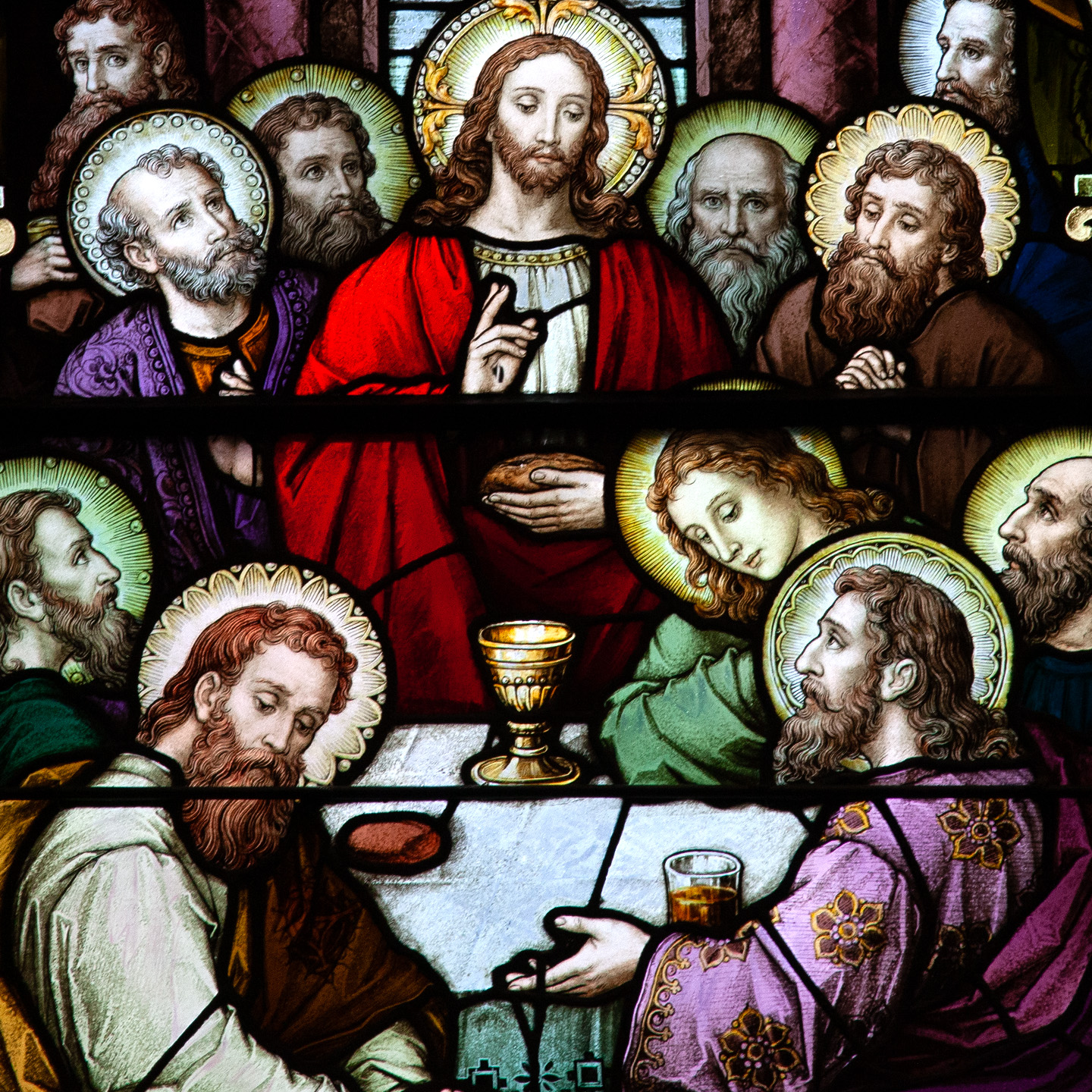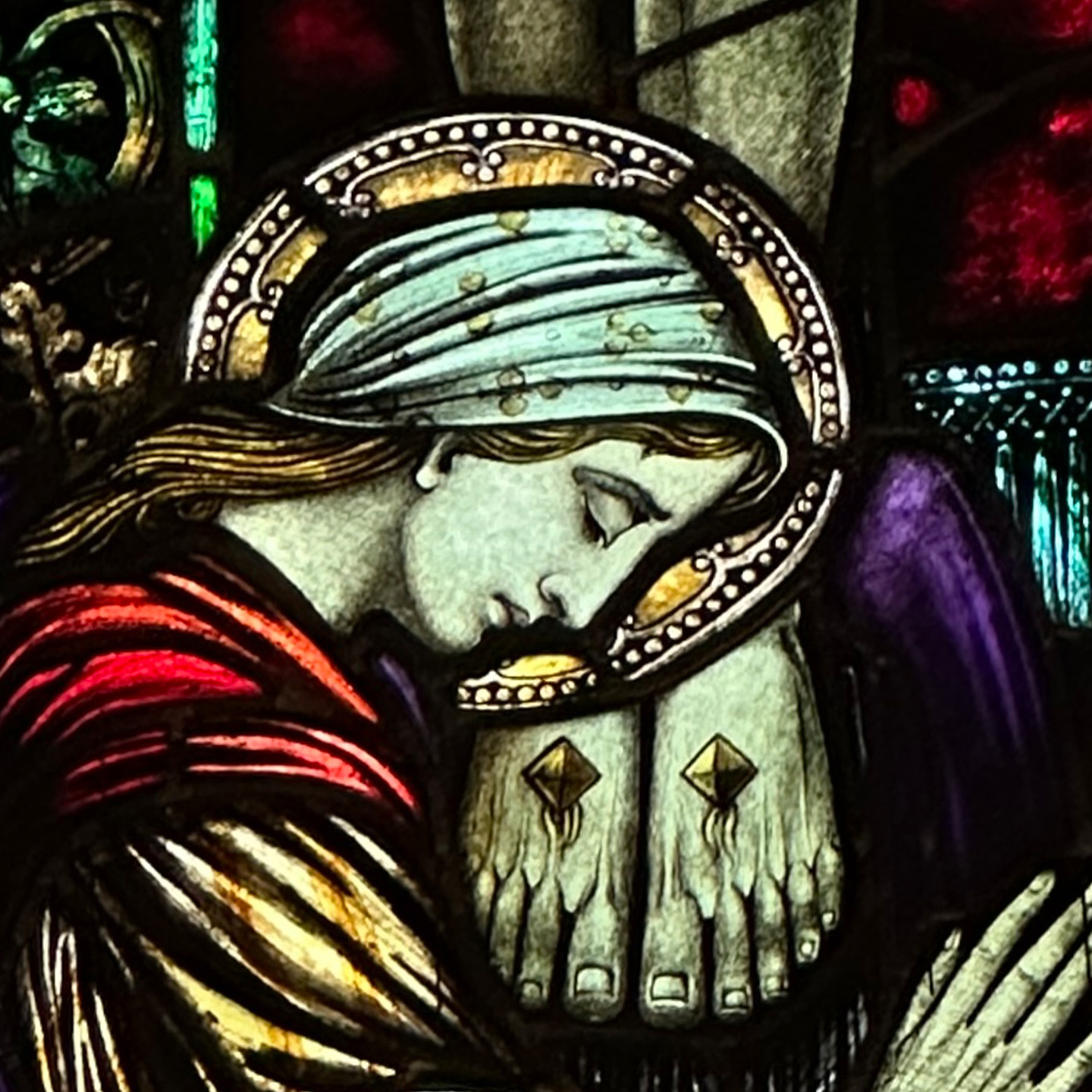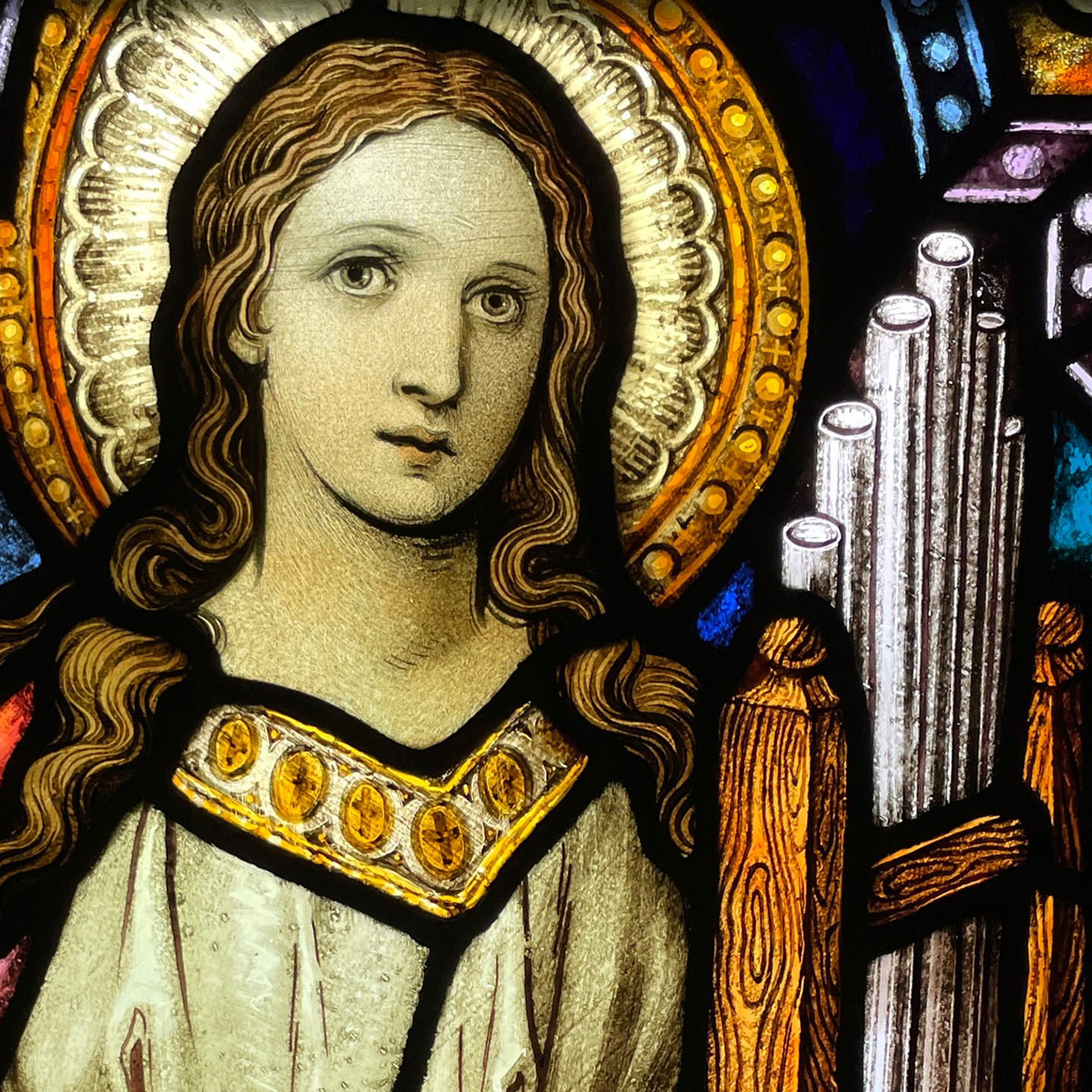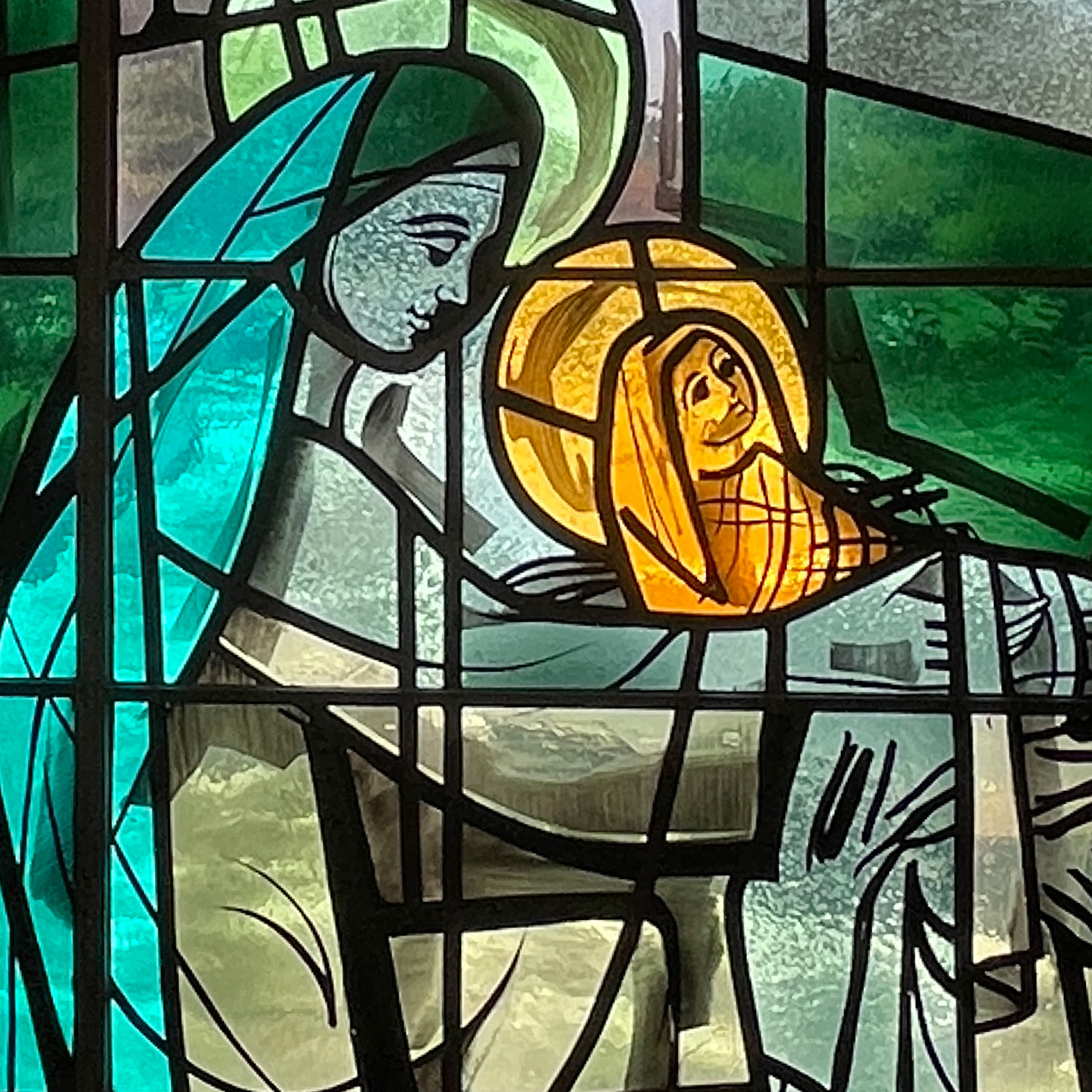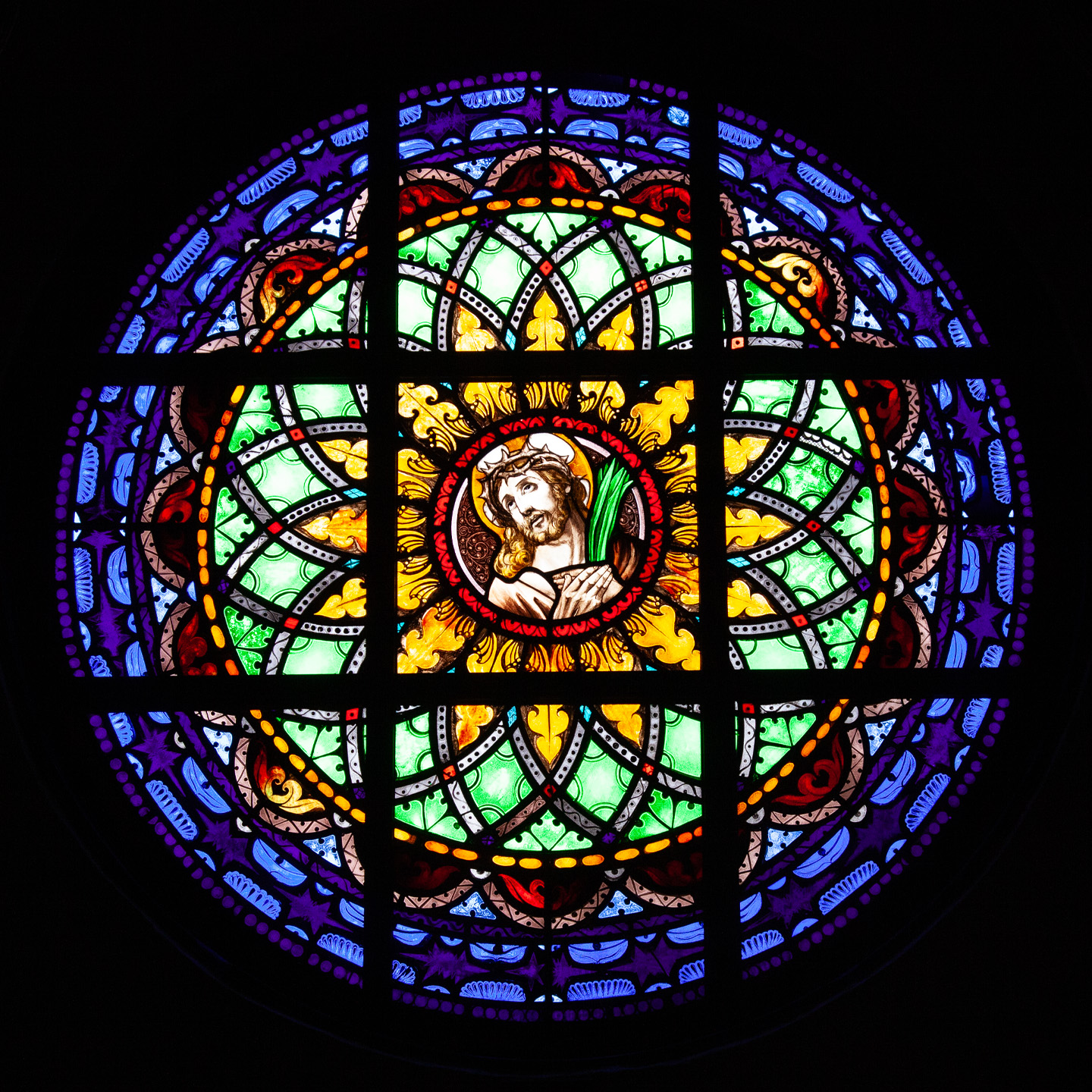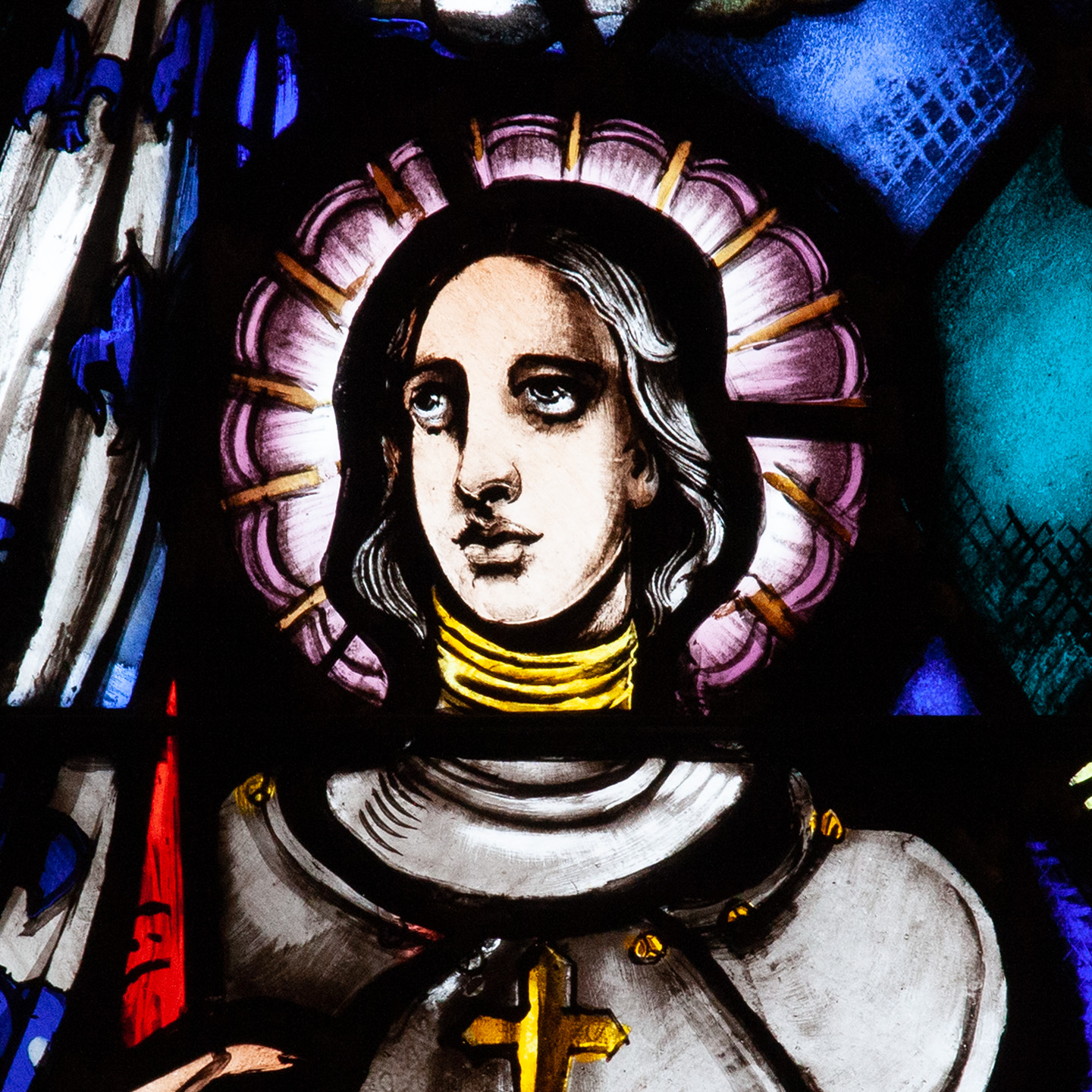
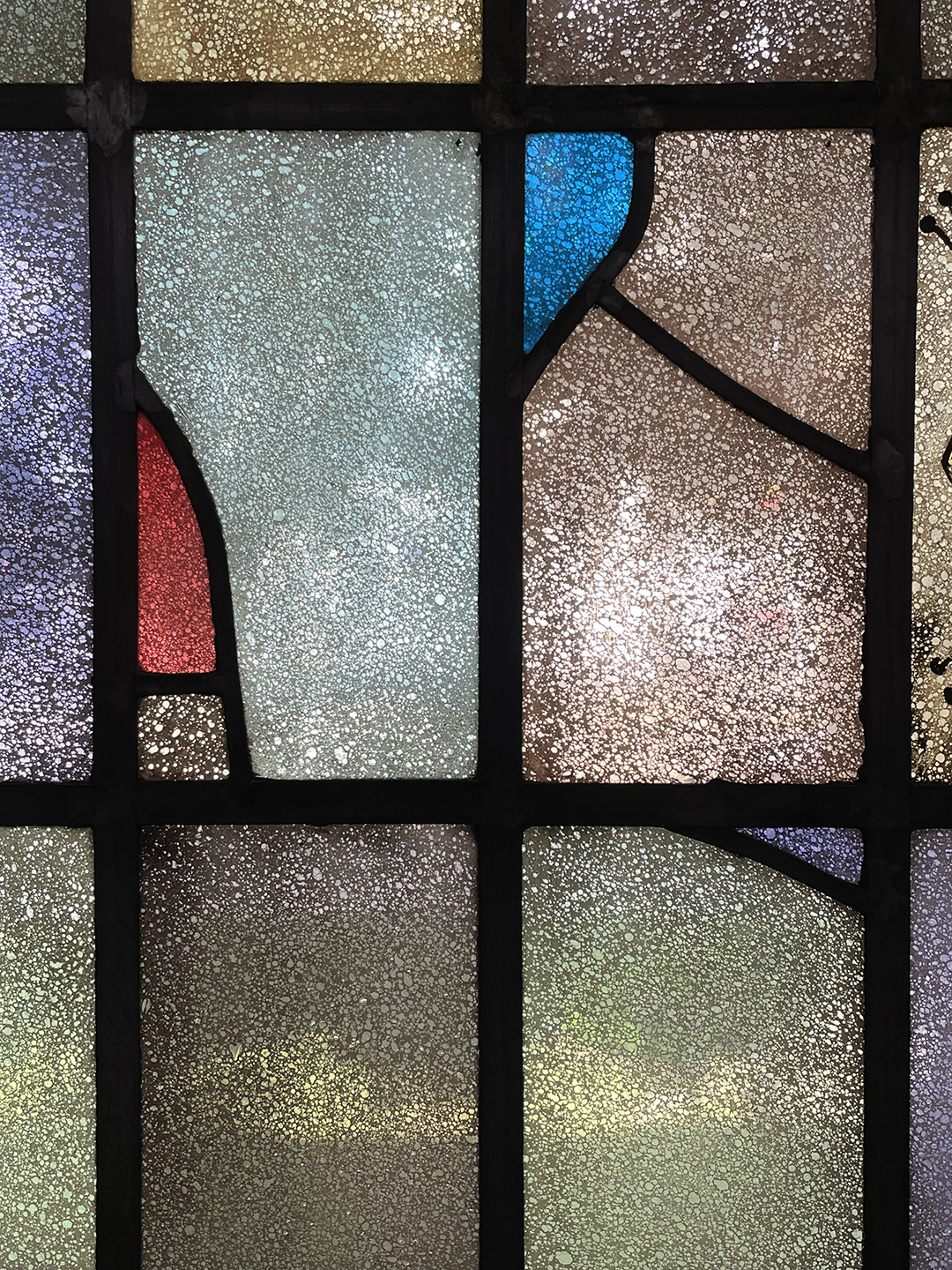
Flat panes of stained glass in solid colors create a powerful sense of clarity and focus. Without intricate imagery, the viewer is free to contemplate pure light and tone, much like a painter’s abstract canvas illuminated by the sun. The shifting hues throughout the day remind us of the beauty in simplicity and the passage of time. These unbroken fields of color invite stillness, offering both calm and renewal to the spirit. In their quiet strength, they inspire us to see meaning in minimalism and light itself.

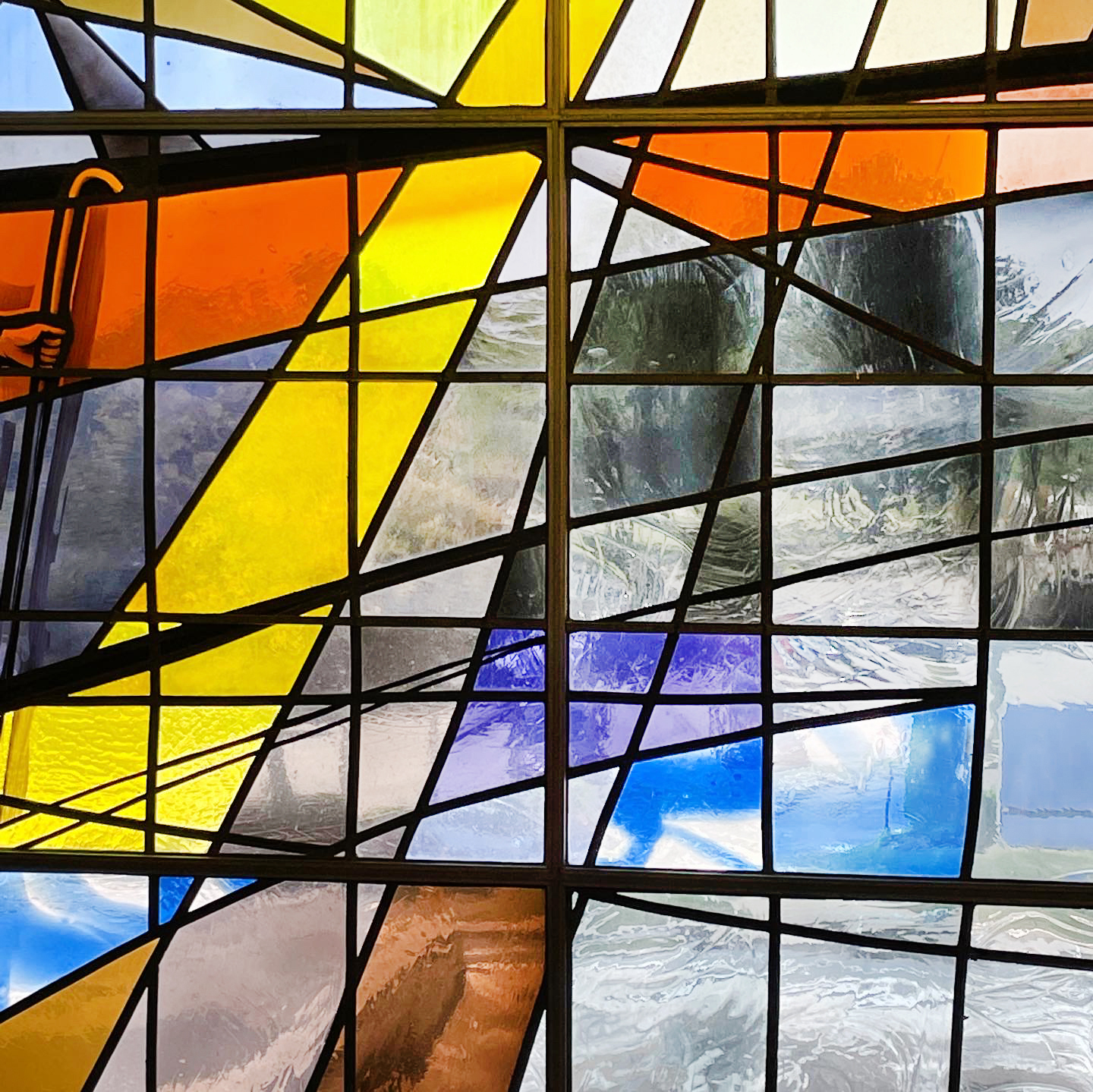
Stained glass transforms simple light into a spectrum of radiant color, filling spaces with a living, luminous presence. Each hue carries its own energy, with deep blues offering calm, warm reds sparking vitality, and golden yellows uplifting the spirit. When sunlight filters through these colored windows, it creates an atmosphere that nurtures reflection and renewal. The play of light and color can soothe the mind, inviting a sense of balance and inner peace. In this way, stained glass is more than decoration—it becomes a source of quiet healing through illumination.

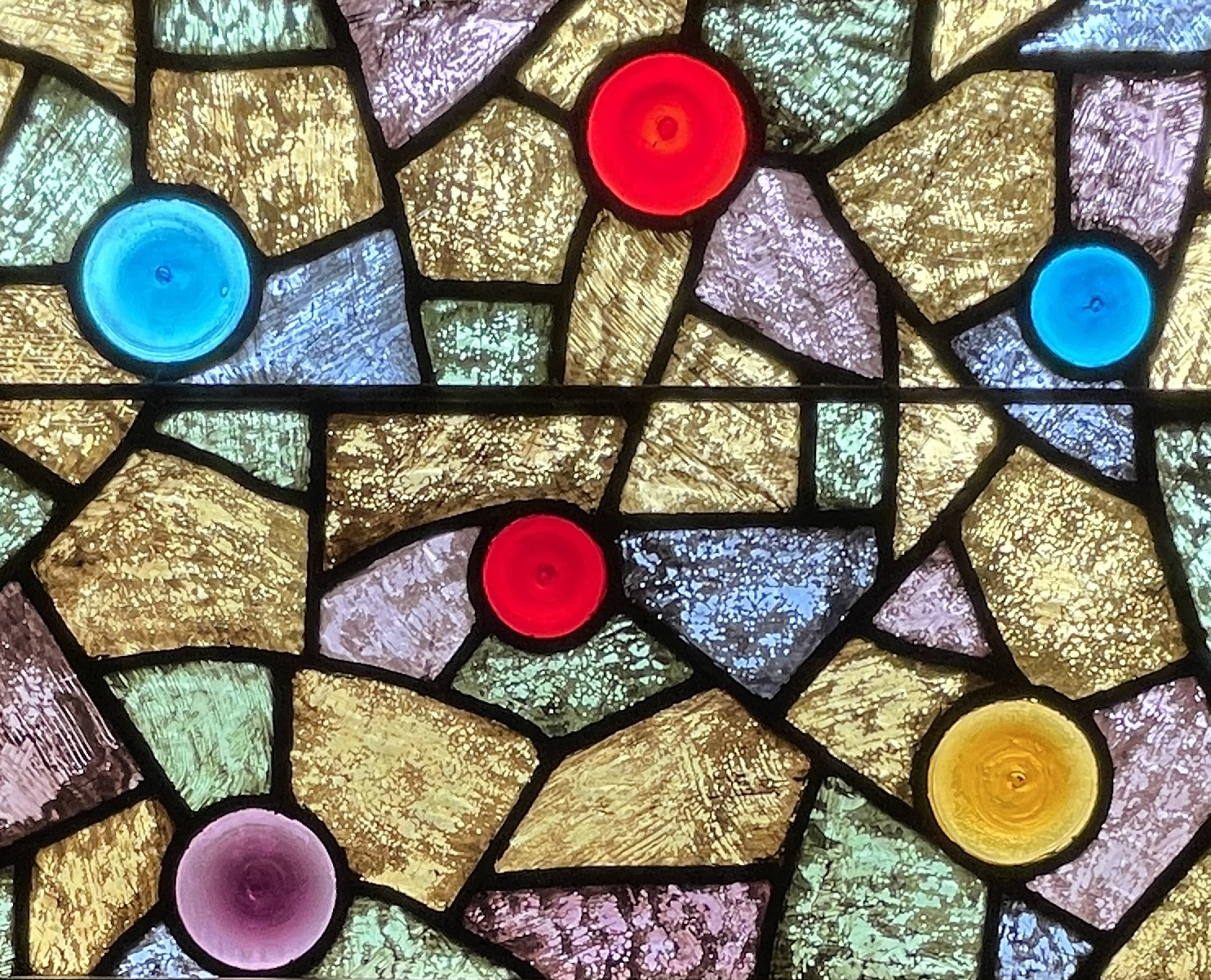
Modernist abstract stained glass in a Catholic church brings a bold reinterpretation of sacred light and space. Instead of traditional figurative saints and biblical scenes, these windows use geometric forms, color fields, and symbolic abstraction to evoke the divine. The shifting patterns of sunlight across the sanctuary create a contemplative atmosphere that invites personal reflection. By merging modern art with ancient tradition, the windows honor both faith and creativity. They stand as a testament to the church’s openness to beauty that transcends time.

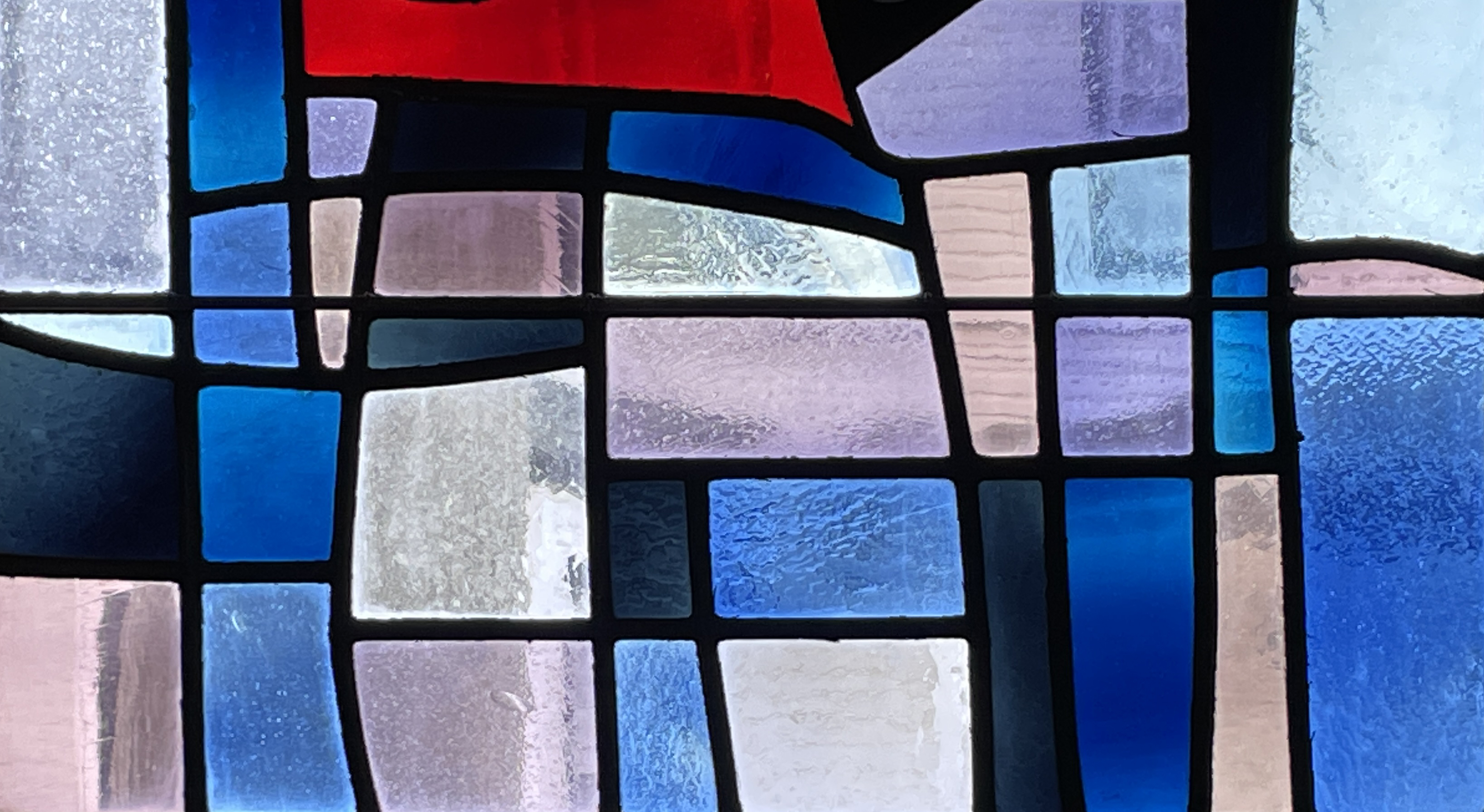
Flat panes of stained glass, with their pure blocks of color, echo the visual language of Mondrian’s abstract compositions. Both rely on the tension between geometry and light, creating harmony through balance and proportion. Where Mondrian used paint on canvas, stained glass transforms color through illumination, shifting with the sun’s movement. The grid becomes a shared structure, dividing space into rhythm and order. In this way, stained glass becomes not only architectural but painterly, embodying Mondrian’s vision in living light.

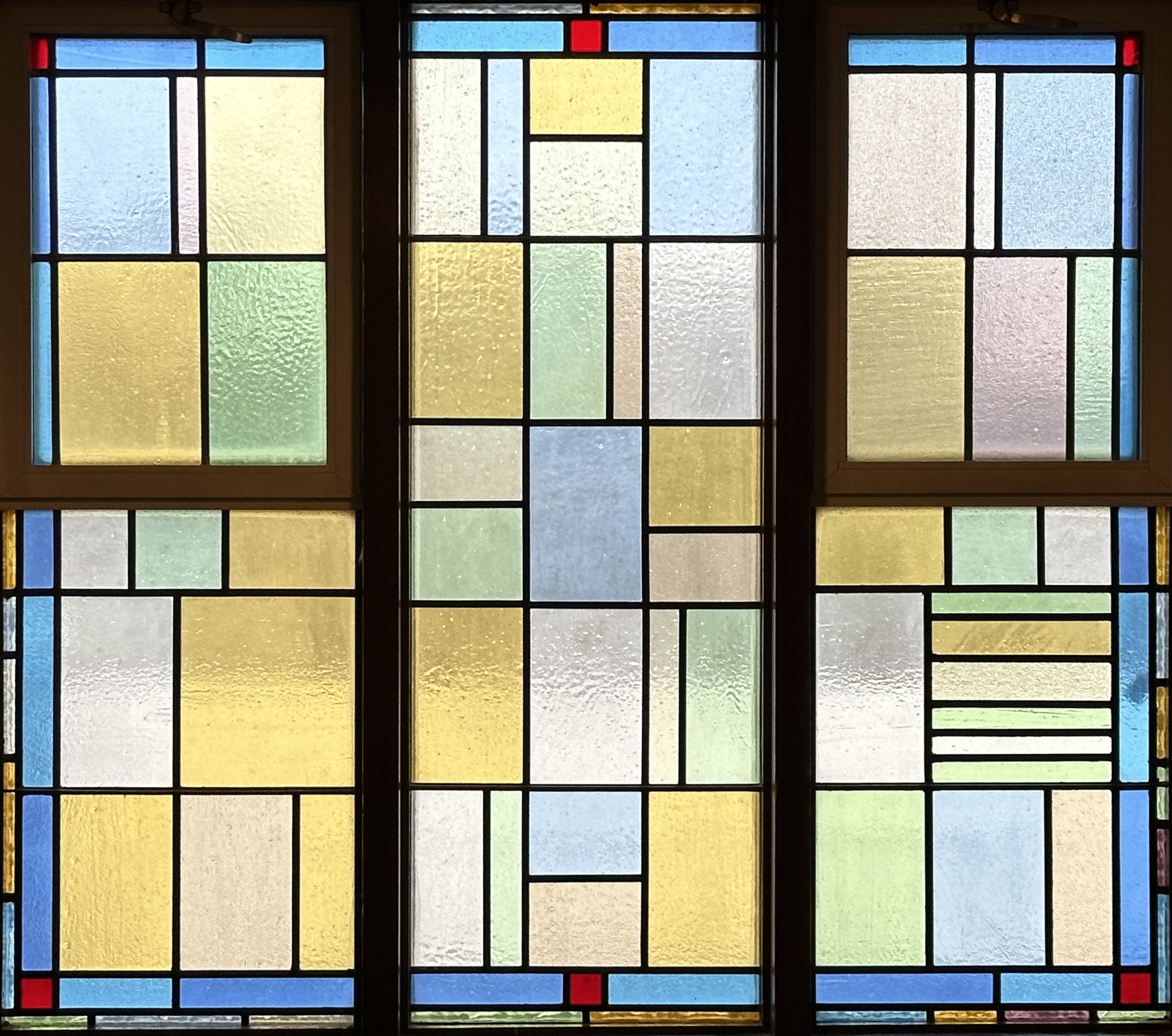
Abstract geometry in church stained glass is used to convey spiritual ideas through light, color, and form rather than literal imagery. Interlocking shapes, repeated patterns, and radiant color fields suggest divine order, eternity, and harmony, inviting contemplation and meditation. By avoiding detailed figures, abstract geometry allows worshippers to experience the sacred emotionally and symbolically, as shifting light transforms the space and reinforces the sense of mystery, transcendence, and the presence of the divine.

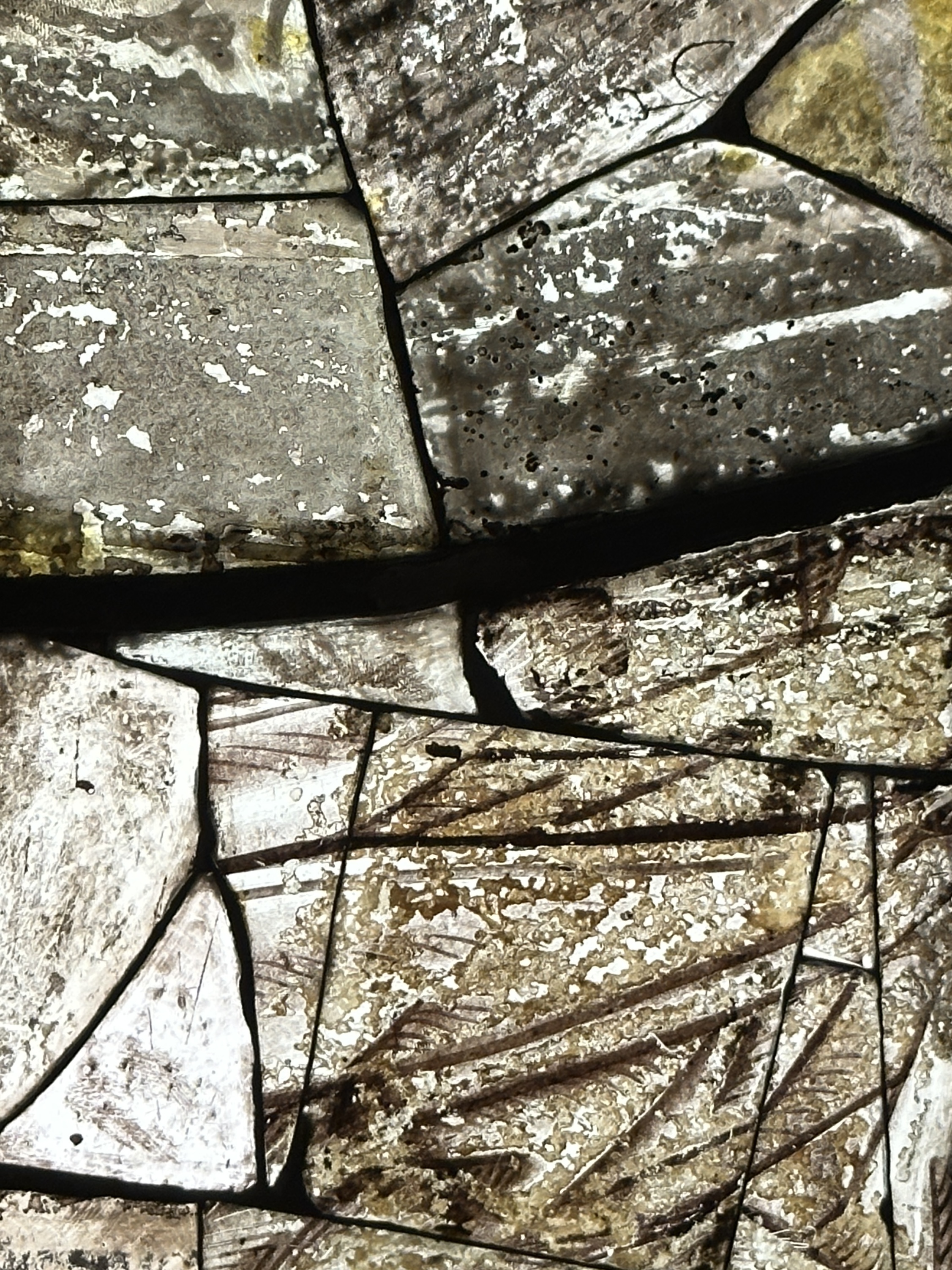
Objects that are deteriorating can be found beautiful because they show the passage of time and tell a story of change. Cracks, fading colors, and wear can make objects feel meaningful and unique rather than perfect.
